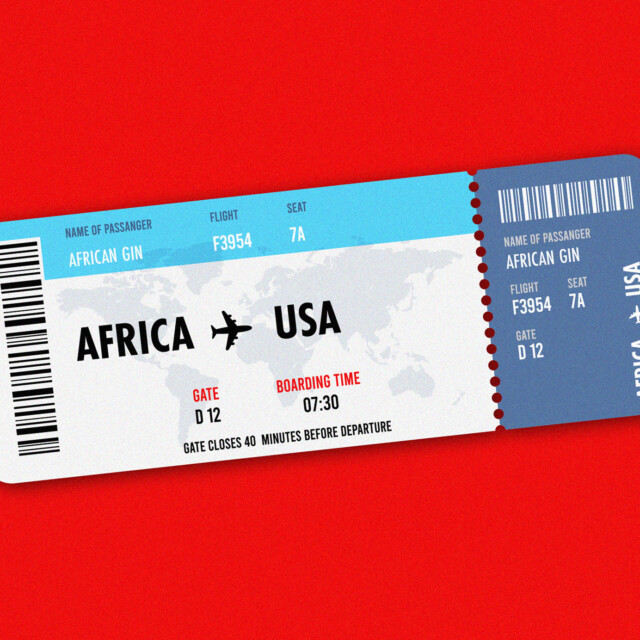No spirit is as well suited to expressing a sense of place as gin. Other than the required juniper, gin’s botanical makeup can consist of any herb, spice, fruit, or flower, encompassing the biodiversity of a given location. Distillers worldwide have taken advantage of this flexibility in the last few years, fueling a boom in flavorful gins that go far beyond the traditional London Dry. There are delicate gins made with native botanicals from Japan and Australia and Scandinavia, and a whole host of so-called New World gins born of the American craft distilling movement. And there are dozens of producers across Africa, crafting gins unique to their countries.
But until very recently, almost no African gin could be found in the United States. That’s changing, as a handful of brands have entered the market, betting that their distinctive flavor profiles, ecological focus, and social responsibility will win over American drinkers.
“The U.S., for us, represents an opportunity to really introduce the brands to an audience who are developing a taste for gin, but also an audience that would appreciate a product that represents the African continent,” say Damola Timeyin, co-founder with Chris Frederick of Spearhead Spirits, which produces Bayab Gin and Vusa Vodka. “America is very much the land of opportunity and I think it’s quite an exciting time for an African brand to be landing in the states and really demonstrating the potential of premium African produce.”
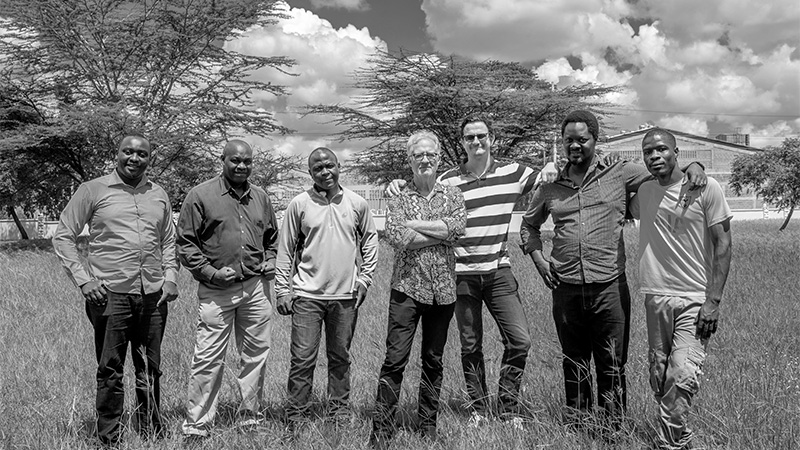
Terroir-Driven Taste
Bayab is made in South Africa’s KwaZulu-Natal province with pan-African botanicals, including its heart ingredient, baobab fruit. Other African gins available in the U.S. include Inverroche, ATIAN, and Procera, and each brings a unique flavor proposition.
South Africa–based ATIAN, for example, features fynbos (Afrikaans for “fine plants”), native plants of the country’s Cape Floral Kingdom, including rooibos, licorice, and buchu. “It’s the smallest of the six floral kingdoms, but it’s the most biodiverse so we thought it was important to have the botanicals that came from there as part of our recipe,” says founder Brett Schmulian. ATIAN’s name is a portmanteau of Atlantic and Indian, nodding to the two oceans that meet at the region’s edge.
Procera, made in Nairobi, Kenya, uses botanicals from all over Africa, showcasing its namesake juniper in particular. Often used for making pencils, Juniperus procera is the only species of juniper occurring south of the Equator, and, unlike most gin producers, which work with dried juniper, Procera uses its berries fresh. “Juniper is a fruit,” co-founder Guy Brennan points out. “You can’t dry it out and expect to get the same terroir and taste.”
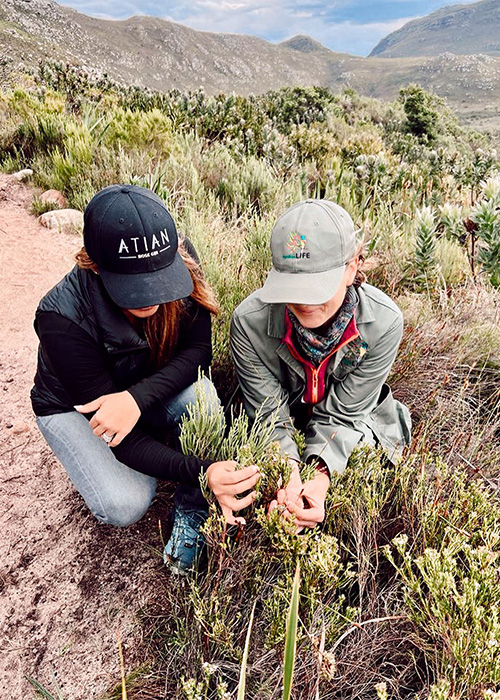
Terroir is a deliberate choice of words, as Procera treats its products — the flagship Blue Dot and limited-edition Red and Green Dot — more like wines, offering them by vintage. One of the brand’s co-founders is Kenyan chef and brewer Alan Murungi, who helps promote it with multi-course tasting menus featuring African ingredients. “[We] want to pair it with lovely food and to really elevate it to a sipping category … in the way of other terroir spirits,” Brennan adds.
Long-Term Success Strategies
With most African gins having launched in the U.S. only in the last year or two, the brands are present in just a handful of states while they work on building distribution. Procera is concentrating on the cocktail segment, while Bayab and ATIAN see their products’ versatility as an opportunity to succeed in multiple arenas. Although in one sense competitors, the companies are all overwhelmingly positive about having other African gins in the market.
“Multiple brands bringing awareness to African-origin products is a great thing for us and also a great thing for the other brands in that category because we not only share the load, but I think we are able to meet the needs of consumers all in different ways,” Timeyin says. “We’re not necessarily doing the same things, but we are drawing attention to the quality that comes from the continent. So I think it validates our hunch that there is a need to fill that gap and also, we hope, a demand for African products.”
The companies are betting on consumer interest in not just the liquids, but their African identity beyond the bottle, and all are engaged in supporting non-commercial endeavors that benefit their communities. This includes ecologically minded ingredient sourcing and baked-in social responsibility goals. Some of ATIAN’s botanicals are foraged, and the company partners with FynbosLIFE, a Cape Town–based non-profit, to grow seedlings that are transplanted into the wild. “As we take it out — we give back,” Schmulian explains. “We like to say we’re fynbos neutral. The truth is we’re actually fynbos positive.”
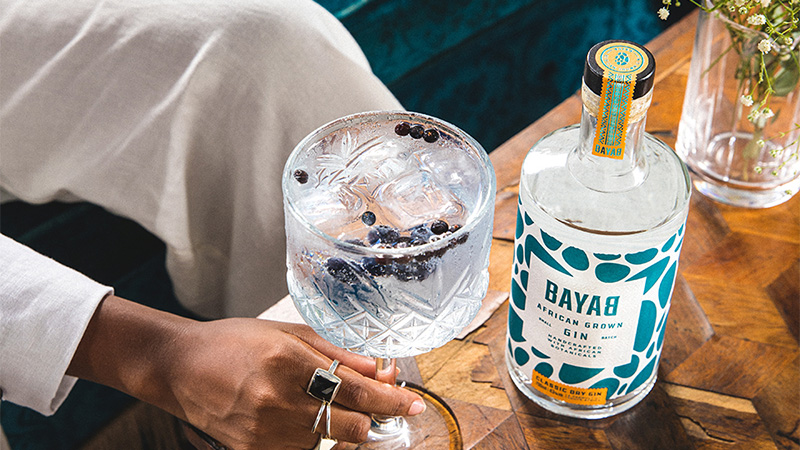
As part of its social mission, Spearhead Spirits provides funding to uMthombo Street Children, an organization that helps children and young adults find alternatives to street life. “We’re passionate about breaking the tradition of businesses being extractive,” Timeyon says. “We want to make sure that in what we do we are giving back and supporting and helping to improve the places in which we produce. We’ll do that in multiple ways — in a way that Africans, and we include ourselves in that, would be proud of.”
Procera views its namesake juniper trees as key not only to its own success, but to the enrichment of the communities where they grow. To that end the company plants a new tree for every bottle it sells; once mature, the tree’s berries can be harvested and used for gin. The idea is to create a supply chain with the profits going into local pockets, making Kenyan juniper a cash crop just like Kenyan coffee or tea. “Money can fall out of trees,” Brennan jokes. Procera has an affiliate NGO, the Kijabe Forest Trust, to manage its forest-related projects with the goal of eventually being able to provide funding to other organizations as well.
The Path Forward
While it’s early days for African gin in the U.S. market, the path forward is wide open. Each company is figuring out next steps as it decodes the web of federal and state regulations and seeks feedback from consumers and the trade. ATIAN, which is currently available in Florida, aims to expand up the East Coast and be nationwide within the next two years. Procera, limited largely by its supply of artisanal hand-blown bottles, is investing in expansion of glass manufacturing along with a new marketing push. And Bayab has plans to eventually launch new gins made in other African countries, such as Ghana and Senegal.
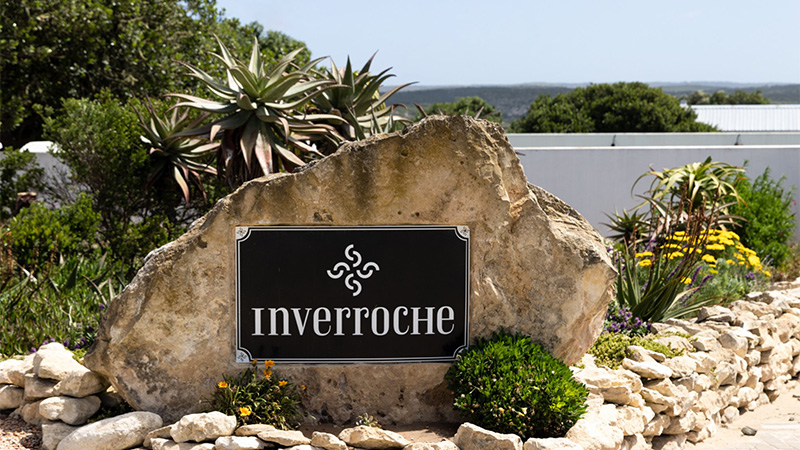
Above all, these companies seek to introduce Americans to a side of Africa they may not have encountered before. “Africa is the undistilled continent,” Brennan says. “There’s so much to be explored here.” He hopes that Procera and its ilk will “change some misconceptions” about a continent that more often attracts attention for humanitarian crises than artisanal spirits.
“One of the things that we are particularly passionate about is giving a voice to African cultures and Africans through what we’re doing,” Timeyin says. “Almost a gateway to Africa — to the Africa that isn’t necessarily always seen nor heard, and particularly a Black African perspective, which is something that we also wanted to ensure we represent in a credible and authentic way. How we bring these products to market and how we communicate about these products — we can do that and do it justice, is our hope.”
